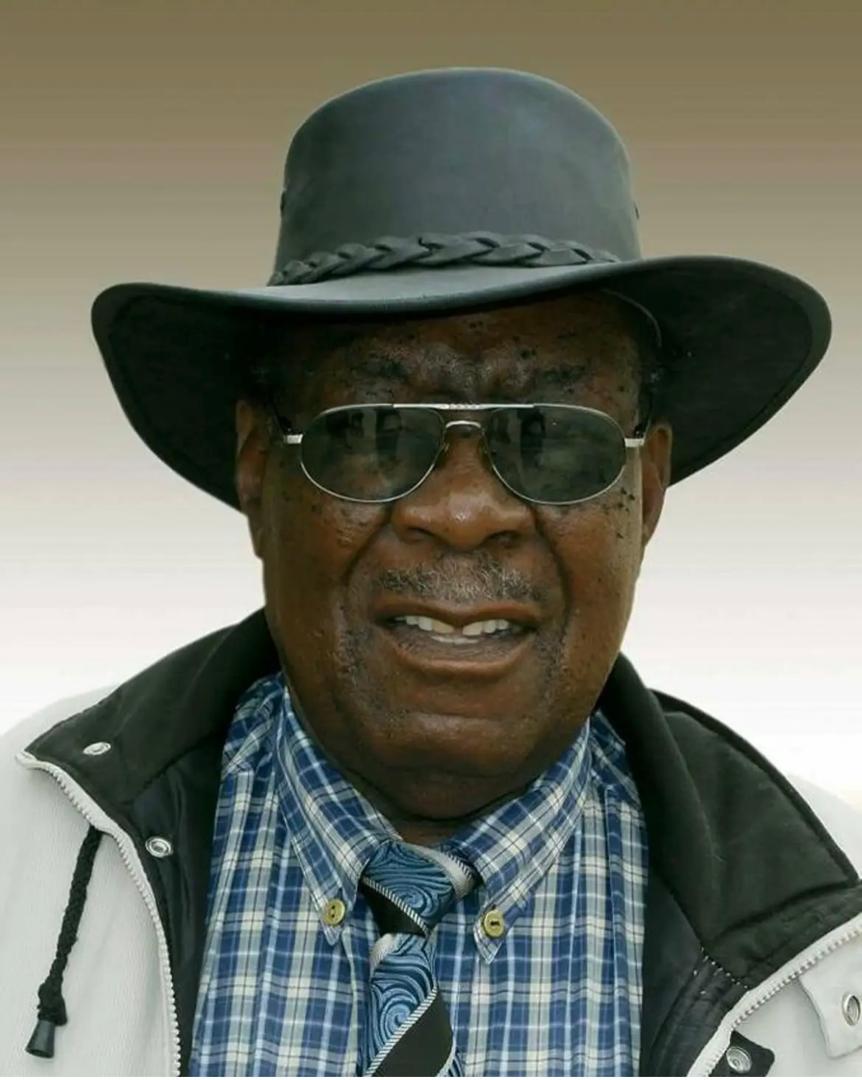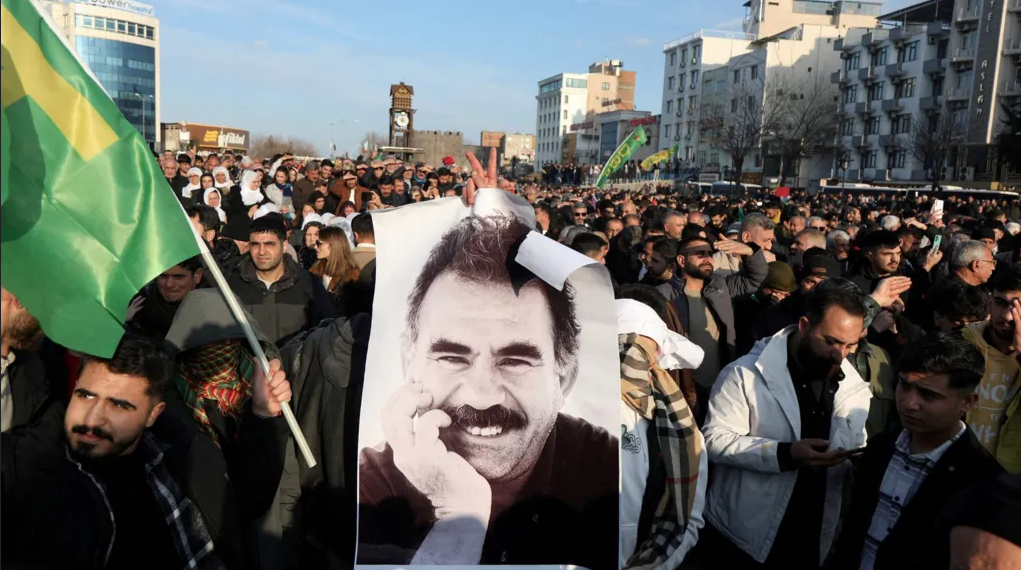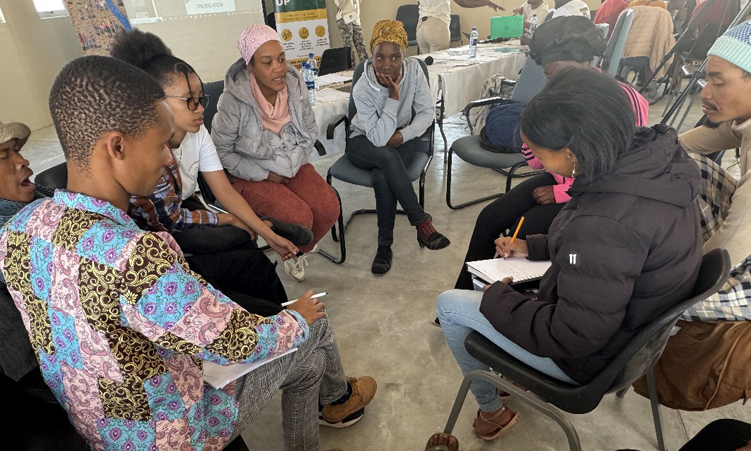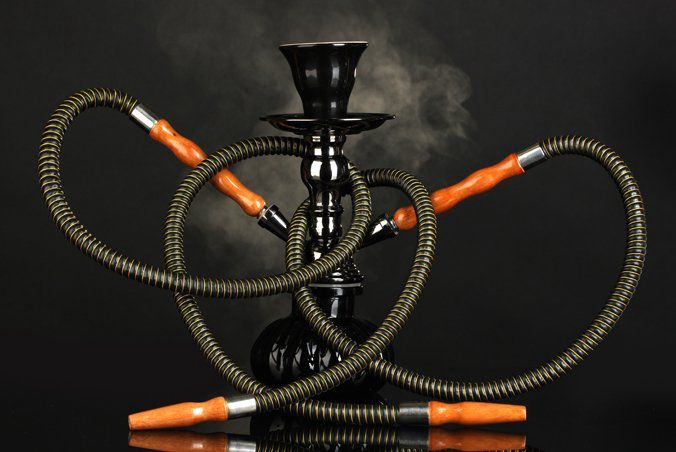PARIS – The global economic crisis has heightened the risk that ‘tensions could explode’ in Africa, where growth will be slashed this year because of recession in rich nations, the OECD warned yesterday.
‘There are signs of increasing political tension that cannot be ignored,’ said a report by the Organisation for Economic Co-operation and Development (OECD), African Development Bank (AfDB) and UN Economic Commission for Africa which said the continent’s growth would be cut to 2,8 per cent this year after 5,7 per cent in 2008.
Stressing that it was using ‘optimistic’ estimates, it forecast a moderate 4,5 per cent recovery in Gross Domestic Product in 2010.
‘The situation remains tense in some countries and new tensions could explode in the coming months due to the worsening of economic conditions due to the global crisis,’ said the report.
It highlighted widespread fallout from the crisis already seen in mass layoffs in the key mining sector.
‘Although several governments managed the situation in 2008 by implementing support measures and containing social discontent, the situation is likely to be more challenging in 2009, in a context of reduced public resources.’
The OECD said that while Asia remains a growing trading partner, particularly China and India, the demand was mainly for commodities and this has fallen off dramatically.
Four of the 52 countries surveyed will fall into negative growth: Angola, Africa’s biggest oil exporter, could slump from 15,8 per cent growth in 2008 to -7,2 per cent this year. The Seychelles (-0,4 per cent), Democratic Republic of Congo (-0,6 per cent), Chad (-0,7 per cent) were also predicted to fall into minus growth.
Central Africa will suffer worst, with overall growth slashed to 0,2 per cent, while East Africa should still see GDP rise by 5,5 per cent. South Africa, the continent’s biggest economy, will see GDP growth fall from 3,1 per cent in 2008 to 1,1 per cent this year.
The OECD highlighted how a 3,3 billion dollar Nigerian-Chinese deal to build cement plants across Africa has been suspended. A nine billion dollar accord between China and DR Congo for mineral resources in exchange for infrastructure has also stalled.
‘The rapidly rising current account deficits associated with the global recession is rapidly eroding international reserves, with African countries increasingly turning to the International Monetary Fund for support in order to avoid exchange rate crises.’
Several African countries have already seen food riots over the past 18 months and South Africa had deadly riots with ‘xenophobic connotations’, said the report which highlighted a new surge in military coups: in Mauritania and Guinea. The army also intervened to help overthrow Madagascar’s president this year, while the military in Guinea-Bissau killed President Joao Bernardo Vieira.
The OECD said the situation in Somalia was now ‘critical’ with a civil war now in its 18th year. ‘The lack of an effective state threatens the security of the entire region,’ said the report.
The report expressed concerns about events in Chad, where rebels staged a new offensive as the report was being released and how social protests had growing political impact.
‘In Cameroon, protests against high prices were coupled with discontent over President Paul Biya’s intention to modify the constitution in order to be allowed to run for a third mandate.’
‘Political economy considerations have acquired increasing relevance and the authorities have had to strike a careful balance between the need to take some measures to control unrest and the need to avoid a shift to authoritarianism,’ said the report.
‘With some exceptions, the stance taken by governments faced with these problems turned out to be constructive. The challenge will be to continue on this track, against a background of decreasing public resources, and uncertain donor support.’
– Nampa-AFP
Stay informed with The Namibian – your source for credible journalism. Get in-depth reporting and opinions for
only N$85 a month. Invest in journalism, invest in democracy –
Subscribe Now!










